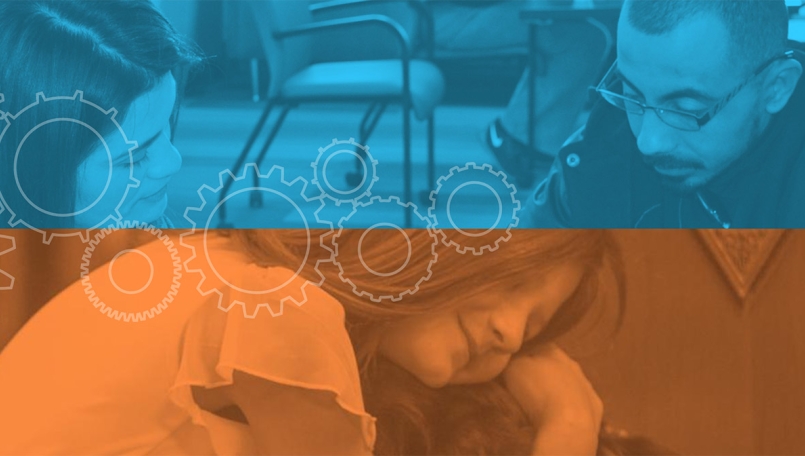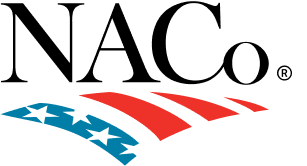HALos Community Wellness Program
2017 NACo Achievement Award Winner
Los Angeles County, Calif., CA
Best In Category

Contacts

QUESTIONS?
Contact Awards@NACo.org
About the Program
Category: Health (Best in Category)
Year: 2017
The Los Angeles County Department of Health Services (LADHS) in partnership with The YMCA of Metropolitan Los Angeles (LA YMCA) and with a grant from the UniHealth Foundation, created the DHS/YMCA Healthy, Active Los Angeles (HALos) Community Wellness Program in 2016. Currently, LADHS patients living in South and East Los Angeles have limited access to physical activity and wellness services and barriers to physical activity are disproportionately present in these communities. An aging population, living in socially compromised housing areas, limited access to healthy food options and employment in manual labor roles increase the prevalence and negative consequences of musculoskeletal pain and inactivity. Current LADHS resources and a medically-based model of care are unlikely to meet the growing need in this area and will continue to drive medical costs higher unless a new innovative approach to enhancing the health and wellness of this population is implemented. The HALos Program seeks to capitalize on community resources yet places the critical expertise of practitioners in easy-to-access community environments in order to extend the reach of LADHS in the health promotion realm. The HALos Program provides access to individualized physical activity and wellness opportunities at local YMCA facilities for individuals with chronic disease who might otherwise not pursue or have access to this type of wellness effort. With LADHS staff embedded at two YMCA branches in South and East Los Angeles, and in collaboration with YMCA Program Coordinators, program staff: • Ensures that physical activity and wellness plans are individualized to the needs of the participants • Provides on-going consultation and follow-up to maximize adherence and identify needs for additional wellness resources • Offers pre- and post-assessments of program efficacy and health outcomes. Outcome measures include: 1. Quality of life measures, 2. Self-reported participation in physical activity and other healthy behaviors, 3. Self-efficacy ratings of chronic disease management strategies, 4. Utilization of healthcare resources.